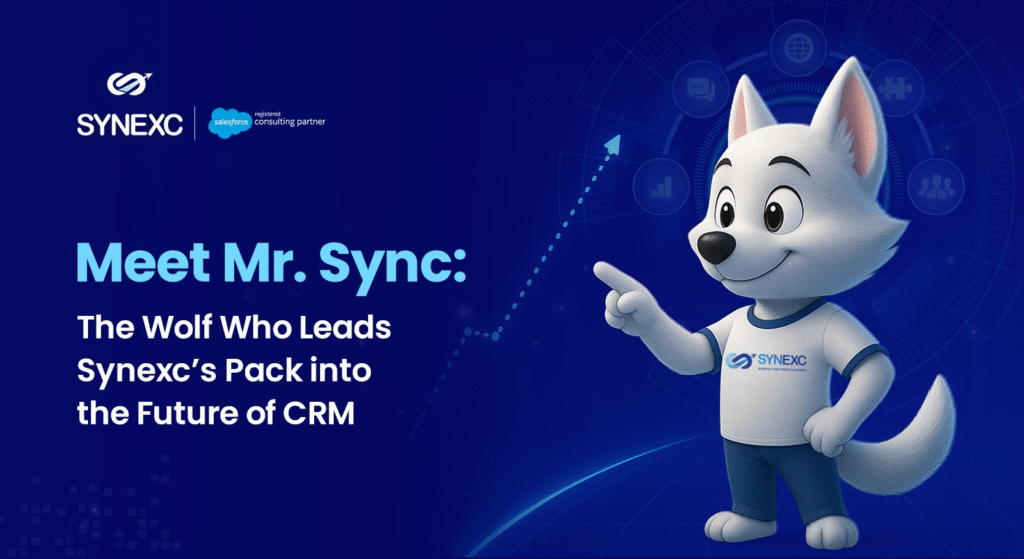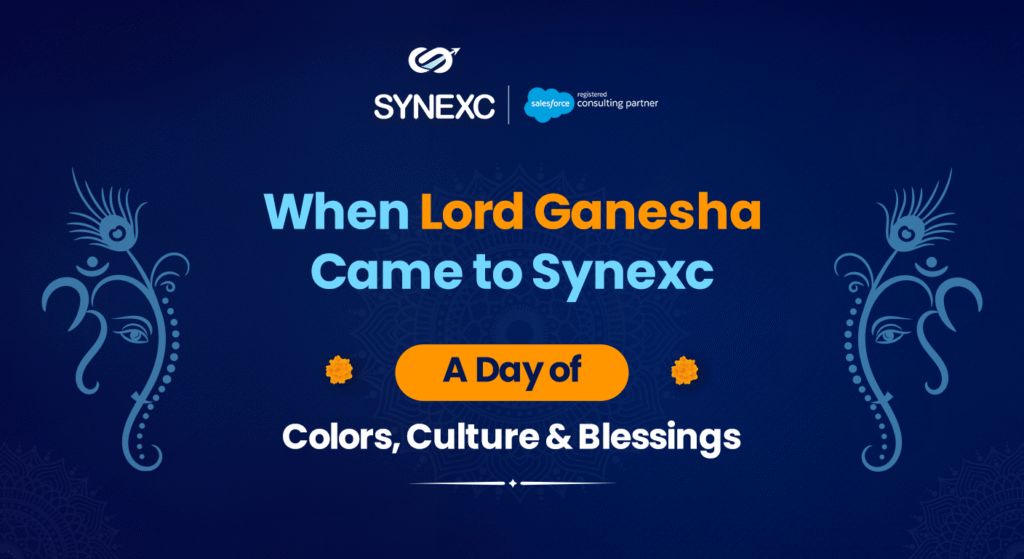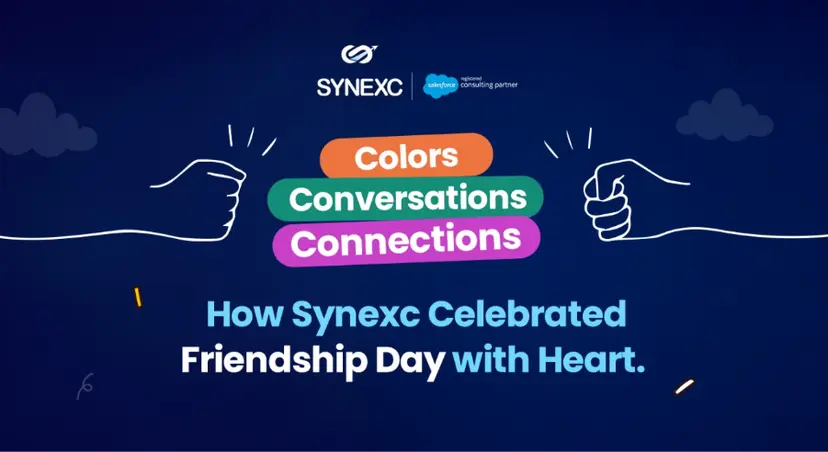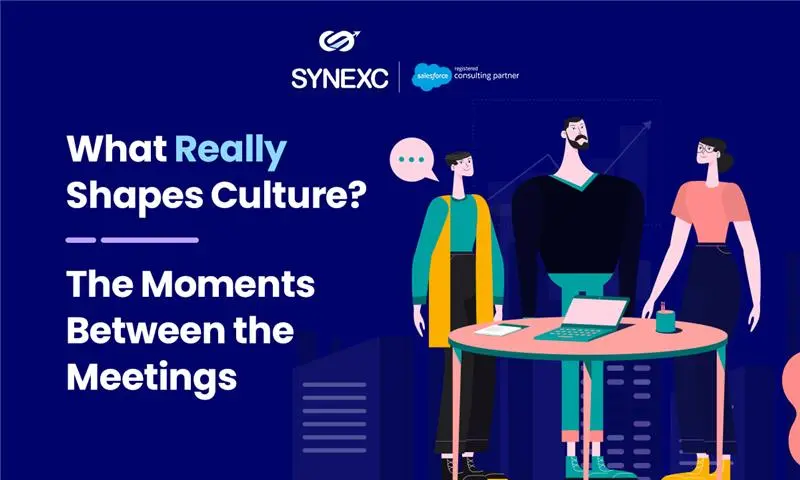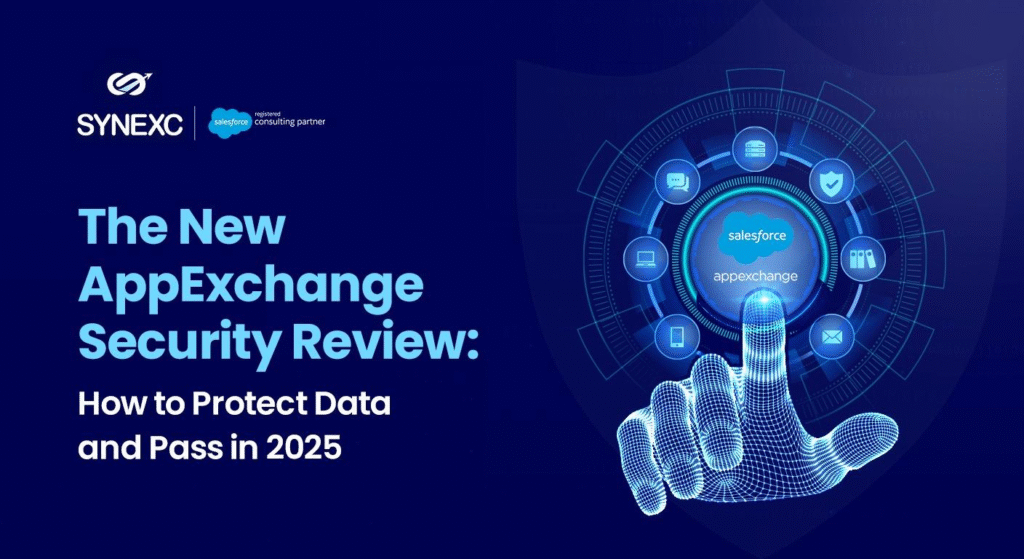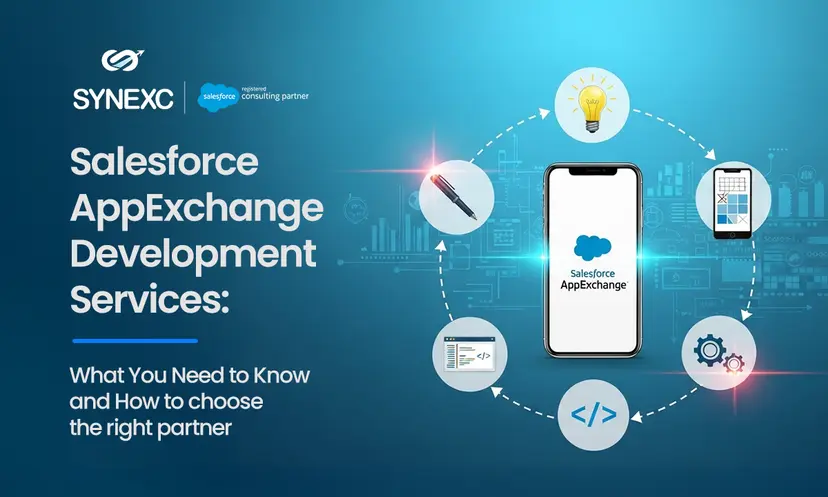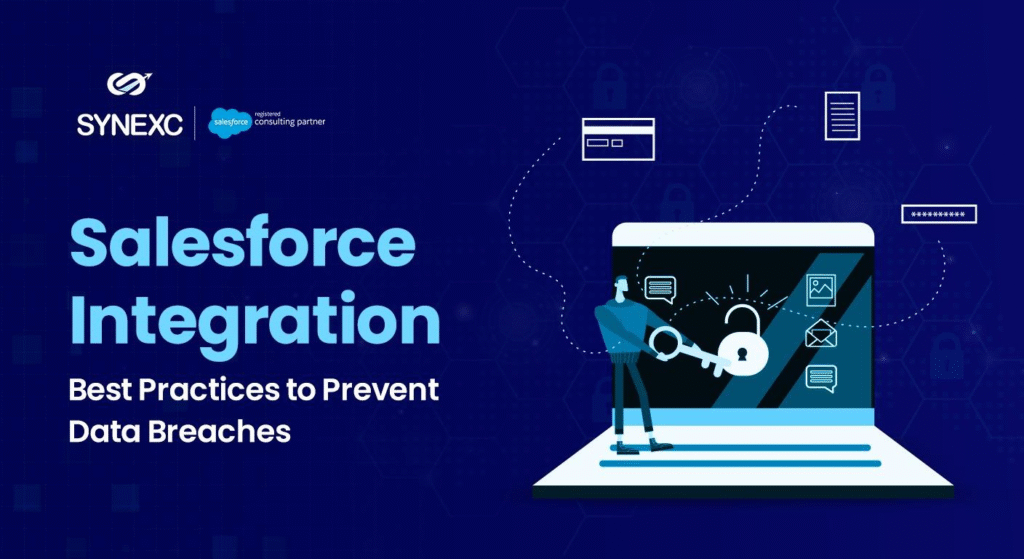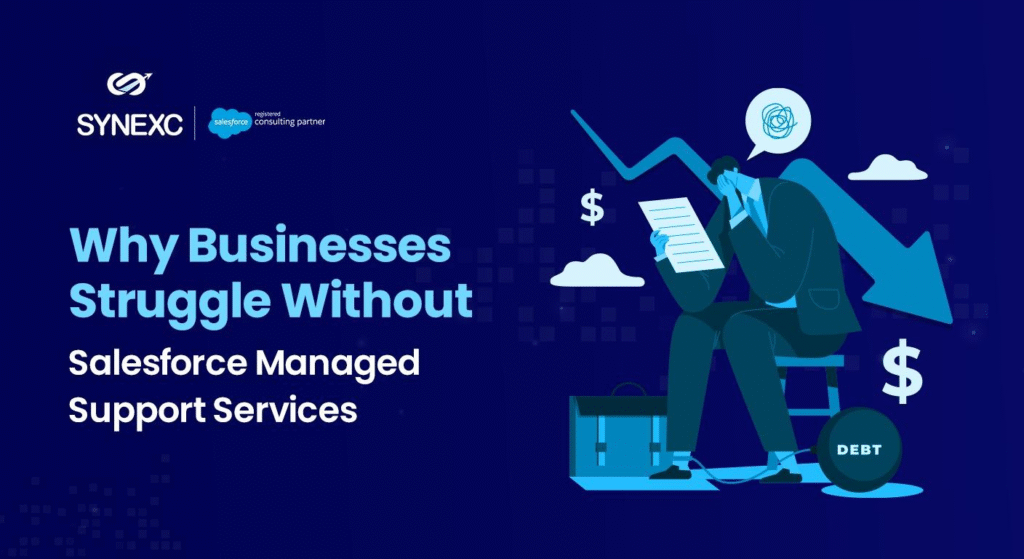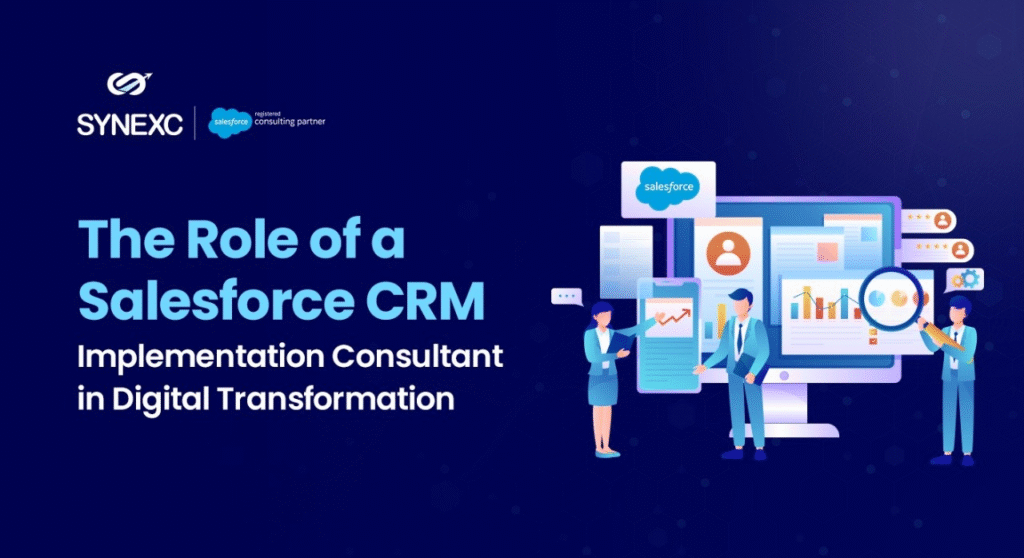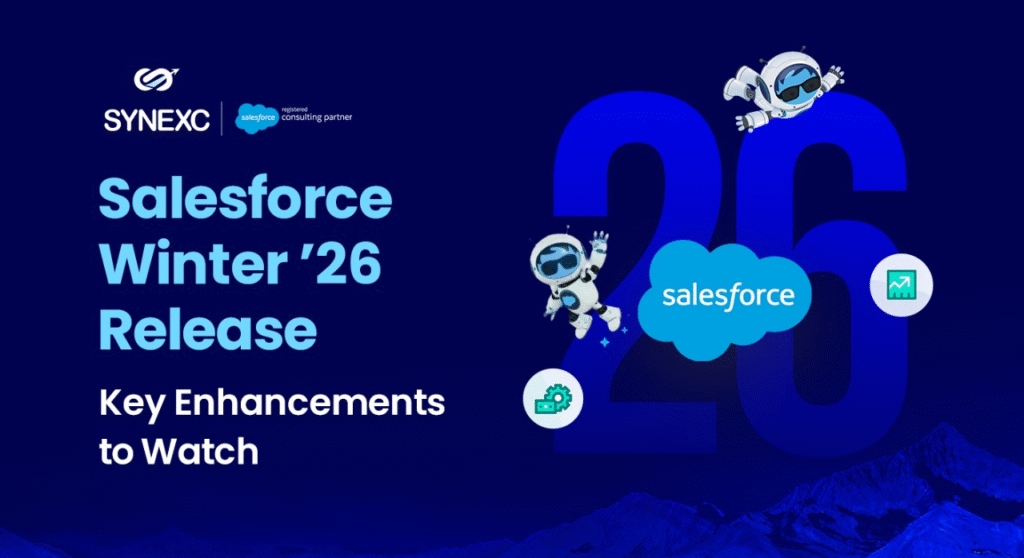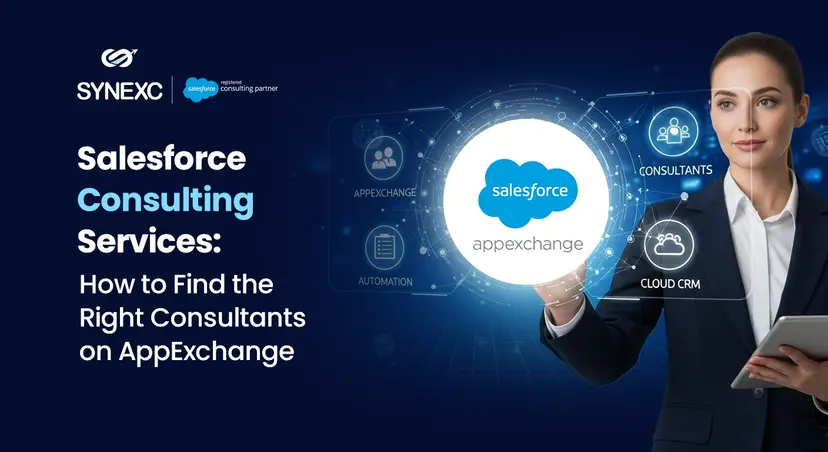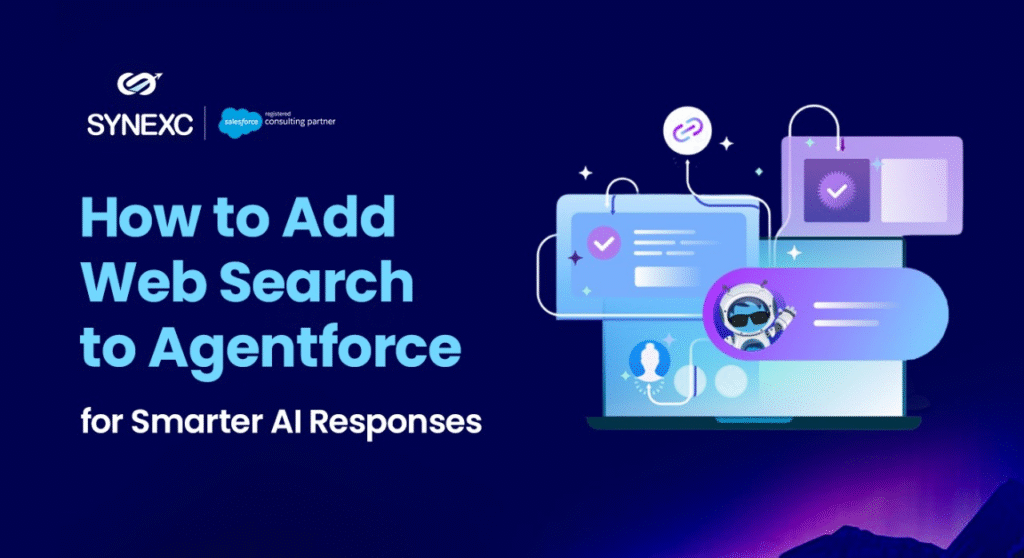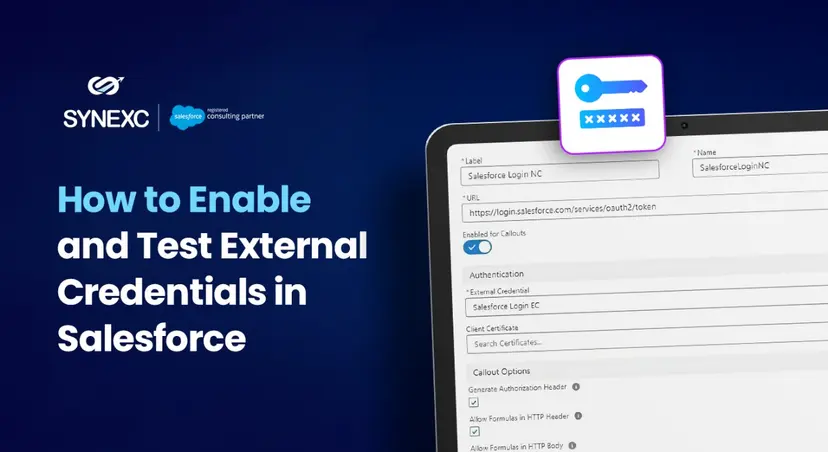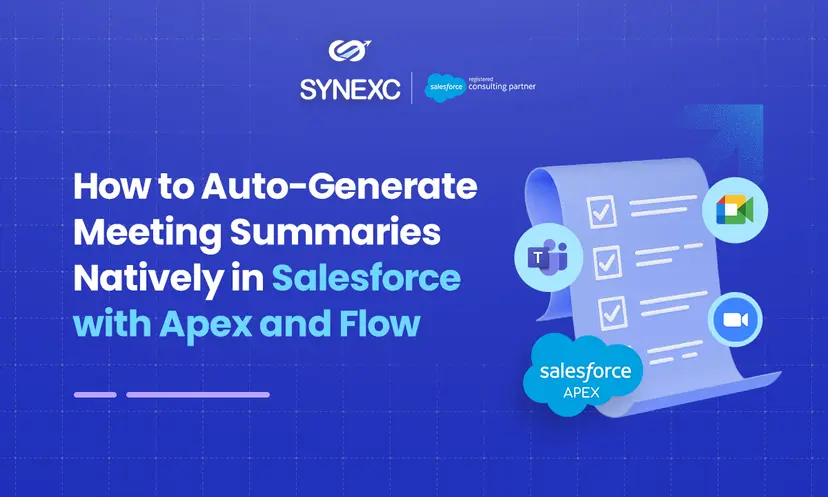Most businesses start using Salesforce with the basics, such as managing leads, tracking deals, and sending reports.
But somewhere down the line, they realize this platform can do more. A lot more.
That’s when the question comes up: Can Salesforce do exactly what our team needs, without the workarounds?
That’s when the idea of custom Salesforce app development on AppExchange sinks in.
If you’ve already invested in Salesforce and are hitting the limits of standard features, building a custom app on AppExchange could be the smartest next step.
More than adding functionality, it’s about building something that fits your exact workflow, scales as you grow, and even opens revenue opportunities if you choose to go commercial.
Let’s break down what makes this so valuable.
Why More Teams Are Building Custom AppExchange Apps
Sure, standard and native apps are helpful and can take you up to a certain level. But once your Salesforce org gets more complex, or your teams need tighter workflows, off-the-shelf apps start falling short.
That’s when businesses realize they don’t just need another app. They need one that fits their logic, their data structure, and their user behavior.
Custom AppExchange apps fill this gap.
Custom apps built for AppExchange provide the control, performance, and product-level quality they need inside Salesforce CRM.
Here’s what makes them so valuable:
- Built 100% on-platform: You’re not integrating something new; you’re extending what’s already working.
- Tailored to your business logic: No compromises or workarounds. Just exactly what your team needs.
- Easy deployment and reuse: Package once, deploy across orgs or business units. No manual reconfigurations.
- User-first design: Your app lives inside Salesforce Lightning, so it looks and feels familiar from day one.
- Passed Salesforce Security Review: Means it’s scalable, secure, and ready for wider distribution if needed.
Key Benefits of Custom App Development in Salesforce AppExchange
-
Tailored to Your Business Needs
Prebuilt apps are helpful, but they’re designed for the masses, not for your unique operations. A custom AppExchange app is built for your business logic, your teams, and your customers.
- Create custom objects, automation, and flows that match your actual use cases.
- Avoid the Excel workaround problem where teams export data to make up for missing features.
- Reduce friction between departments by aligning the app experience with how your business actually runs.
For example, healthcare providers use custom apps to manage HIPAA workflows inside Salesforce. Manufacturing firms use them to map production, procurement, and field service in one unified layer.
2. Seamless Integration with Your Salesforce Ecosystem
One of the biggest advantages of custom app development is that your custom app lives inside your Salesforce org. That means:
- It integrates deeply with your CRM, Service Cloud, or Experience Cloud.
- No third-party API maintenance or external sync errors.
- Full access to native Salesforce data, logic, and UI.
This isn’t just efficient but also scalable. Especially as you adopt more Salesforce clouds or introduce automation through Flows, a custom AppExchange app becomes part of your long-term architecture.
3. Pass Salesforce’s Security Review
Every app listed on AppExchange must pass Salesforce’s rigorous Security Review. This isn’t a small check; rather, it’s a deep audit across:
- Code vulnerabilities (XSS, SOQL injection, etc.)
- Authentication and access controls
- Data handling best practices
By building your app for AppExchange, you’re forced to follow secure development practices. Whether your app is for internal use or for external clients, this level of scrutiny gives you confidence in its quality and stability.
According to Salesforce research, over 90% of Salesforce customers said security reviews increased their trust in custom solutions, particularly when compared to non-certified plug-ins or tools.
4. Enterprise-Ready Scalability from Day One
The way your team works today won’t be the same five years from now. Growth means change: more users, new processes, and bigger datasets.
Salesforce AppExchange app development is done with this evolution in mind.
- You can deploy to multiple orgs (sandboxes, testing, and production).
- They’re version-controlled and packaged.
- They work with change sets and managed releases, so you don’t break things during updates.
Especially for large enterprises or ISVs, this architecture is a game-changer.
5. Open New Revenue Channels by Listing Publicly
Not all apps are internal. If your solution has broader appeal, say, a tool that automates quote generation for solar companies or a connector between Salesforce and an industry-specific platform, you can list it publicly on AppExchange.
And yes, that opens doors:
- Visibility to over 150,000 Salesforce customers.
- Access to co-marketing with Salesforce (including webinars and events).
- Eligibility for Salesforce Partner benefits.
In 2023, the average AppExchange listing that made it to the top 50 saw a 320% year-over-year increase in active installs. (Source: Salesforce’s AppExchange insights.)
6. Built for the Long Haul
Standard tools often age out. The vendor stops supporting it, or the integration breaks, or it can’t keep up with Salesforce API changes. When you own the codebase of your custom app, you’re not waiting on external vendors to fix it.
- Full control over updates and improvements.
- Easier testing in dev and UAT environments.
- Aligned with your internal roadmap, not someone else’s release cycle.
7. Improves User Adoption by Fitting into Familiar Workflows
One of the biggest barriers to CRM success is adoption. If your team doesn’t use Salesforce the way it was intended, you’re losing ROI.
Custom apps solve that by reducing friction.
- Sales reps don’t need to leave Salesforce to perform core tasks.
- Customer service teams get tailored screens with only what they need.
- Admins can manage app settings without third-party logins.
And since it’s all native, it boosts trust and engagement, which directly affects productivity.
Why Teaming Up with a Salesforce AppExchange Development Partner Is a Good Idea
While you can try to build these apps internally, most businesses turn to a certified Salesforce custom app development company. And the reason behind that is the AppExchange development requirements:
- Deep knowledge of Salesforce architecture.
- Expertise in Apex, Lightning Web Components, and security review protocols.
- Packaging and deployment best practices.
A good Salesforce custom app development company will help you not just build the app but also guide you through planning, user testing, security review, listing, and versioning.
Final Thoughts
Long story short, A custom AppExchange app is a long-term investment in your business operations, packaged with the same discipline as any commercial product.
Planning to build something custom? Get in touch with the AppExchange development expert at Synexc to discuss your needs.
Book a free consultation with us now!
About the Author
Sambhav Arora is a 7X Certified Salesforce Consultant and CEO at Synexc, helping organizations unlock practical value from Salesforce with scalable, production-ready AI strategies.
FAQS
Q1. Is building a custom AppExchange app only for large enterprises?
Not necessarily, mid-sized businesses often build custom apps to solve specific operational challenges or automate repetitive tasks.
Q2. Do I need to list my custom app publicly on AppExchange?
No. You can build a managed app and keep it private or distribute it only to select users. Public listing is optional and only necessary if you want to sell or share it broadly.
Q3. What makes AppExchange apps different from standard Salesforce customizations?
AppExchange apps are built to be modular, secure, and package-ready, often with reusable components and higher compliance standards, especially if submitted for public listing.



